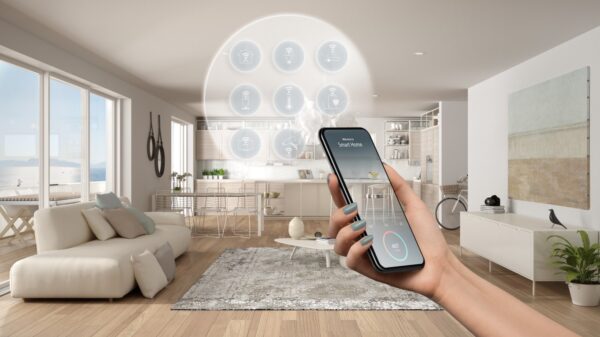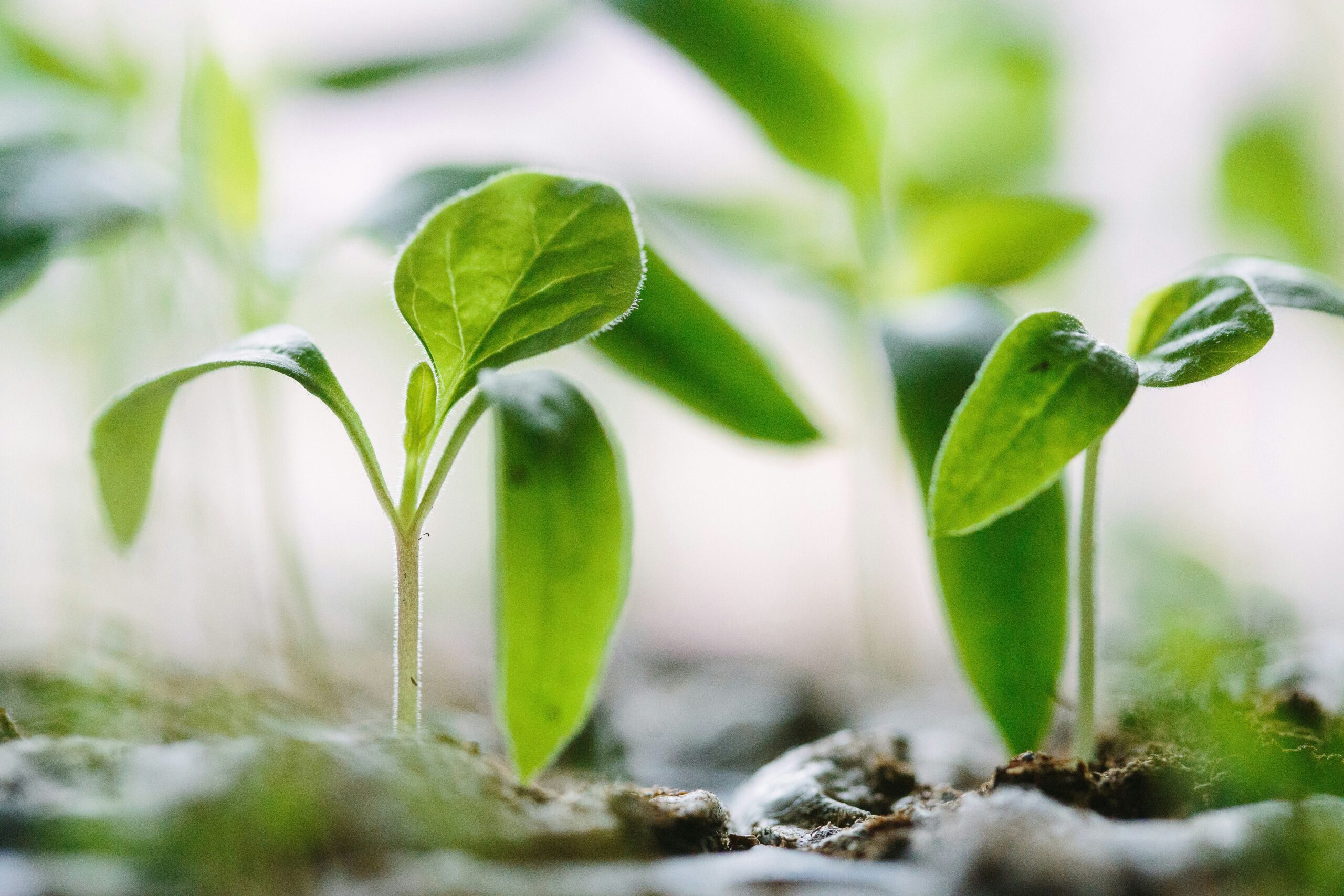Smart Gardening: The Future of Home Plant Care
Smart gardening is revolutionizing the way people maintain their home gardens by utilizing automation and technology to monitor and manage plant health. As more individuals turn to gardening for relaxation and sustainability, the rise of smart gardening tools is making plant care more efficient, accessible, and productive. These systems are designed to automate watering, monitor soil conditions, and even suggest personalized care schedules, allowing users to maintain healthier gardens with minimal effort.
Automation and Convenience in Plant Care
At the heart of smart gardening is automation, which reduces the manual labor associated with traditional gardening. Smart watering systems, for instance, automatically adjust based on the moisture levels in the soil, ensuring that plants receive just the right amount of water. Sensors can also monitor sunlight exposure and temperature, giving plants the optimal environment to thrive. For busy homeowners or novice gardeners, these automated systems provide a convenient solution to garden maintenance, eliminating the guesswork and reducing the risk of over- or under-watering.
Real-Time Monitoring for Healthier Plants
One of the key benefits of smart gardening tools is their ability to offer real-time monitoring of a garden’s health. Through connected devices and mobile apps, users can receive updates on their plants’ conditions, such as soil pH levels, humidity, and nutrient content. These tools allow gardeners to take immediate action if their plants are in distress, helping to prevent common issues like nutrient deficiencies or improper watering. By using data-driven insights, smart gardening systems empower users to maintain healthier and more vibrant gardens.
Personalized Care Recommendations
In addition to real-time monitoring, many smart gardening systems offer personalized care recommendations. Using data collected from sensors and historical gardening information, these systems can create tailored care schedules that cater to the specific needs of each plant. Whether a gardener is growing succulents, vegetables, or flowers, smart gardening tools can provide advice on watering frequency, sunlight exposure, and even fertilization needs. This level of customization helps gardeners achieve better results and increases the chances of a successful harvest.
Sustainability and Water Conservation
Sustainability is another major advantage of smart gardening. Many automated systems are designed with water conservation in mind, ensuring that plants receive the exact amount of water they need without wasting resources. Smart irrigation systems can detect weather patterns and soil moisture levels, adjusting watering schedules to conserve water during rainy periods or droughts. By promoting efficient water use, smart gardening tools align with the growing movement toward environmental sustainability, making it easier for individuals to practice eco-friendly gardening at home.
Integrating Smart Gardening with Technology
Smart gardening tools integrate seamlessly with other smart home technologies, allowing users to control their garden from their smartphone or voice-activated assistants like Alexa or Google Assistant. For example, homeowners can set up a voice command to activate their watering system or receive alerts if their plants need attention. This integration creates a connected ecosystem where gardening becomes a hands-free, automated experience, making it accessible to tech-savvy individuals and those who may have limited time for garden maintenance.
The Future of Smart Gardening
As technology continues to advance, the future of smart gardening looks promising. New innovations are constantly being developed to further improve the efficiency and convenience of home gardening. For instance, some companies are experimenting with robotic gardeners that can prune plants, apply fertilizer, and even detect pests. With these developments, smart gardening is set to become even more accessible and effective, allowing more people to enjoy the benefits of gardening without the traditional time investment.
In conclusion, smart gardening offers a more efficient, data-driven approach to plant care, helping gardeners of all experience levels maintain healthier gardens with less effort. By leveraging automation, real-time monitoring, and personalized care recommendations, these tools are making it easier than ever to grow vibrant, sustainable gardens at home. As the technology continues to evolve, smart gardening will likely play a key role in shaping the future of home horticulture.


































